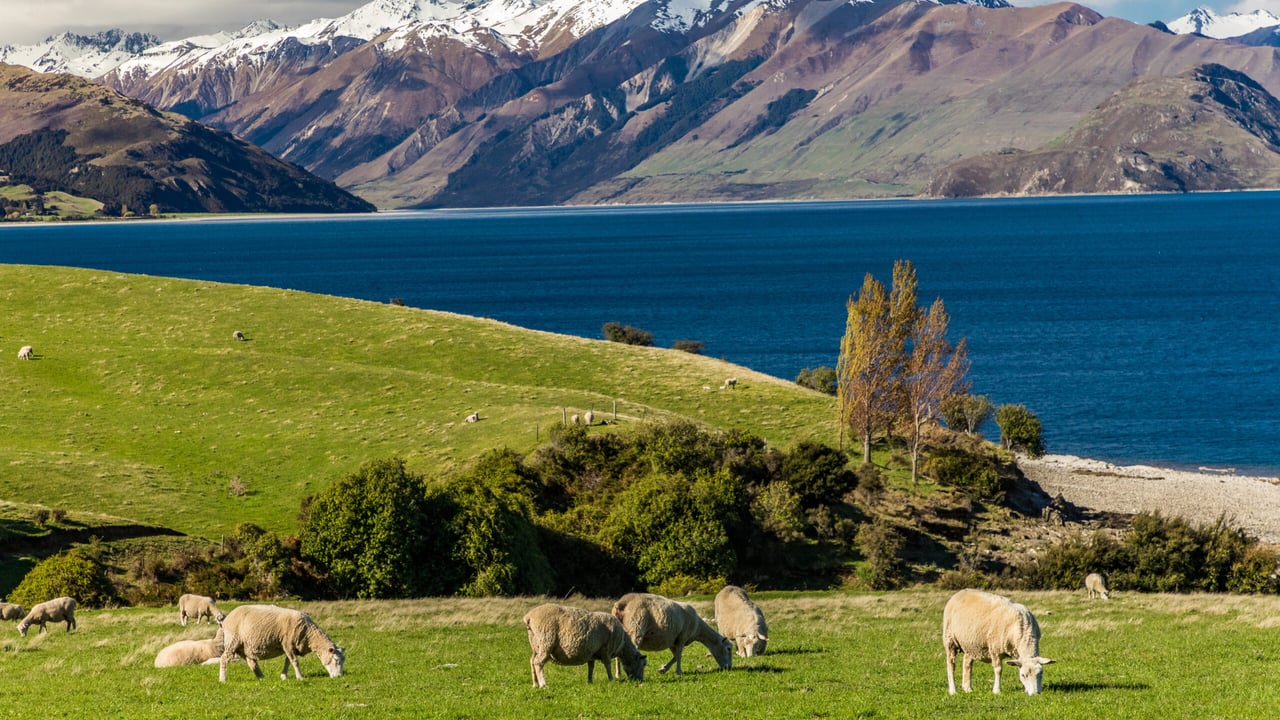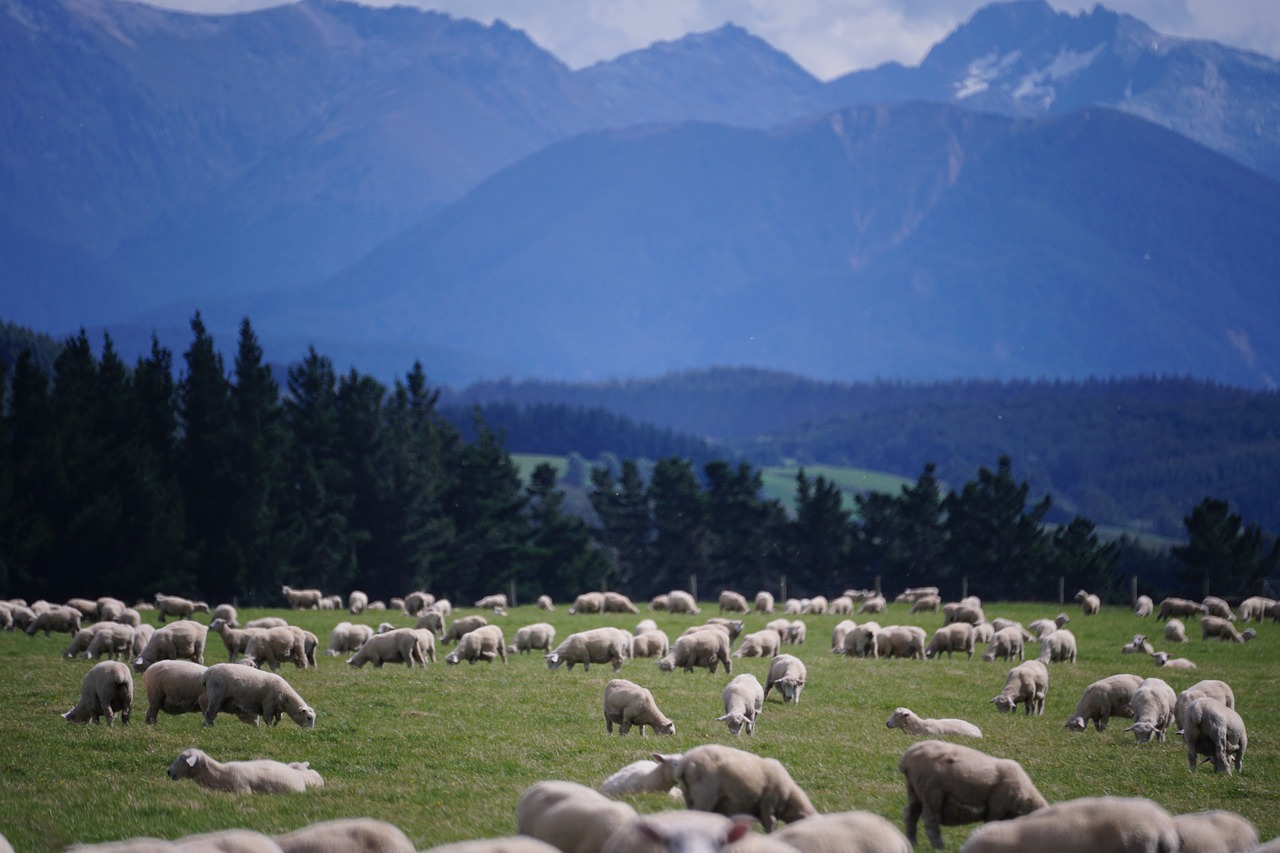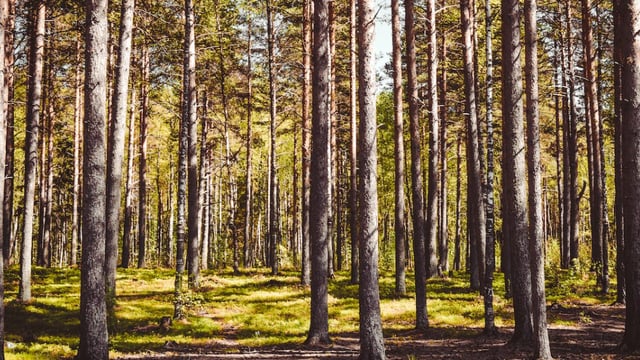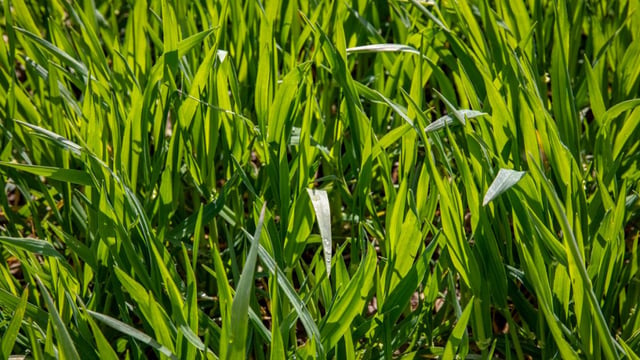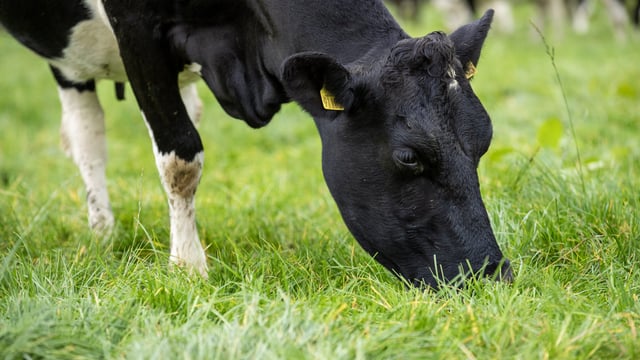Report calls for action on sale of New Zealand farmland for forestry
An additional 51,000ha of "productive sheep and beef farmland" in New Zealand has been sold for forestry since 2022, according to a new report.
Beef and Lamb New Zealand (B+LNZ) has released updated research on sheep and beef farm sales into forestry.
The association said that the findings underline the need for action to address the amount of productive farmland being lost to forestry, particularly for carbon farming.
Orme & Associates were commissioned by B+LNZ to update the number of farms sold with the intention to plant forestry since their last report in August 2023, which covered the period 2017 to the end of 2022.
They found that a further 51,291ha identified for afforestation had been sold since the end of 2022.
The updated report also significantly revised the confirmed sales for the 2022 year, from 35,508ha to 63,956ha.
This is due to the "considerable lag" which often occurs between the time of sale and when the finalised sale is reported.
B+LNZ said that the revised figure far exceeds the 25,000ha/year of exotic afforestation recommended by the Climate Change Commission for meeting New Zealand’s greenhouse gas (GHG) emissions reduction targets.
The current total amount of sheep and beef land purchased for conversion to forestry between 2017 and June 30, 2024 is 261,733ha.
However, the report notes that the results for 2023 and the first two quarters of this year are still preliminary and are "likely to be higher".
B+LNZ chair Kate Acland said the land-use change resulting from these sales will "continue to have detrimental effects on the sheep and beef sector".
“There has already been a significant decline in stock numbers as a result of afforestation over the past few years.
"There are a couple of years between when a farm is sold and trees go in the ground, so based on the high 2022 farm sales numbers we know there is still a lot more planting coming, and that will further impact stock numbers.
“We estimate for every 100,000 hectares planted close to one million stock units are lost.
"While on one hand the decline in stock numbers means our sector has already dramatically reduced its overall greenhouse gas emissions and warming impact, the way it’s happening is simply not sustainable," she said.
Acland acknowledged the New Zealand government plan to address the land-use change issue.
“We welcome the government’s intention to announce measures before Christmas and note that the National Party’s pre-election manifesto sets out a sensible platform to work from," she said.
“Our big concern remains whole farms being sold for conversion to forestry, particularly for carbon farming. We urgently need limits on these whole-farm sales.
“I want to be very clear that B+LNZ is not anti-forestry and acknowledges there is a place for forests in meeting New Zealand’s climate change goals.
"We’re not saying there should be zero offsets available, we just want some limits around the conversion of whole farms into forestry for carbon credits," Acland added.
B+LNZ said it is supportive of the integration of trees within farms, "because this win-win option gives farmers the flexibility to maximise opportunities from their land and often provides additional benefits of shade and shelter".

